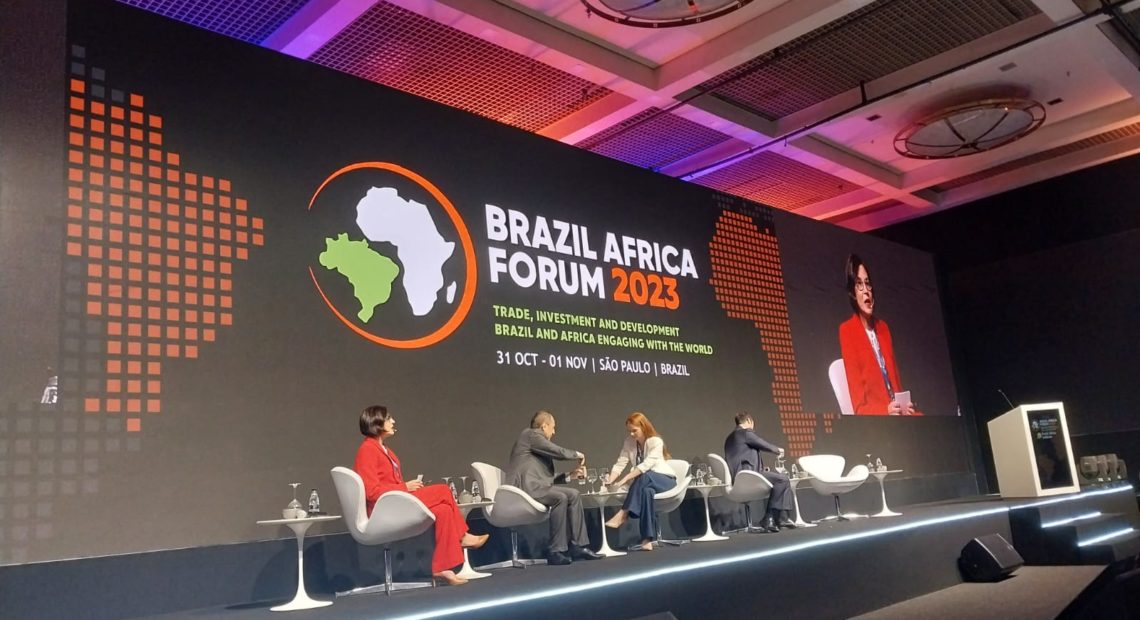France: Growing halal market
24 August 2009
During the month of Ramadan, drinking, eating and
smoking are prohibited, but it’s still possible to go shopping. The big
names in distribution have understood they can profit from this annual
period of fasting by offering more halal products. In recent years
Ramadan had become a high point for sales of these products in
supermarkets. Auchan, for example, doesn’t hesitate to give ten or even
fifteen times as much shelf area for selling halal food.
According to a recent study by the Solis agency, which specializes
in ‘ethnic marketing’, the halal market (in France) is valued at close
to 4 billion euro for 2009, and is estimated to grow at annual rate of
15%. According to Solis, 93% of North Africans and 55% of sub-Saharan
Africans buy halal products.
While the supermarkets diversity their offering: soups, ravioli,
pizzas, baked dishes, precooked meals. The large retailers established
their own brands: Reghalal for Carrefour, Wassila for Casino. Stéphane
Renaud of ‘products of the world’ of Auchan says that there’s a
potential for 10-20% Muslim customers in their shops and these products
represent a promising market.
Muslim consumers are more inclined to buy at supermarkets offering
halal, and the supermarkets have significantly expanded their product
offerings over the past five years. Auchan, Leclerc, Super U and Casino
have special halal shelf area during the Ramadan period, but also
during the rest of the year. At Carrefour they explain that Ramadan is
an important commercial opportunity. The company has been offering
halal products for the past decade, but it recently developed its own
brand, Reghalal, which offers turkey cuts and poultry sausages, and
which is sold at its low-cost Ed stores.
Supermarket giant Casino offers more than 400 halal products, 3-4% of the total offerings. In August they launched their own brand
(Wasilla) in order to compete with traditional manufacturers. The
Systeme U stores, the smaller chain, also entered new territory over
the past three years.
Spokesperson Thierry Desouches says that it’s a small sum of the
total, but that in certain stores, for example in Strasbourg, Mulhouse
and the Parisian suburbs, it’s a growing market. and progressing
consumers.
Halal supermarkets arrived in the 80s. But the products were
initially kept only to certain stories in areas with large Muslim
populations. Today, thanks to sophisticated techniques of consumer
profiling, particularly through loyalty cards, stores can effectively
know the habits of consumers in different place and times.
Jean-Daniel Hertzog of Isla Délice, one of the main producers and
distributors of halal products in France, says that all the
distributors realized the importance of the Muslim consumer, also
beyond Ramadan.
Philippe Moati of the Center of Research for the Study and
Observation of Living Condition (CREDOC) says that distribution now
increasingly targets niche consumers. It adapts to the heterogeneity of
consumers, and Muslims are targeted just like consumers of
bio-products. Though halal foods are not a recent phenomenon, the
staging of these products in stores during Ramadan is new.
For these stores the objective is not to pass by a business
opportunity. Georges Chétochine, a consultant, says that in certain
areas the Muslim population represents 30% of the clientele and
products specific to Muslims can reach a turnover of 6-7%. Distributors
try to seduce people who until now turned mostly to traditional shops.
According to a study by Solis, most of the halal consumers (95%) still
prefer grocery stores and butcher shops over the big supermarkets (43%).
Since Islam remains a sensitive topic, distributors advance
cautiously. Chétochine says that in a secular country like France, they
do not want to offend the non-Muslim consumers. They therefore use as
neutral a language as possible – “Flavors of the Orients’ or the ‘spice
route’ instead of talking explicitly about Ramadan.
Fateh Kimouche, who in 2006 founded the site Al-Kanz.org, the portal
for Muslim consumers, says that while retailers dream of conquering the
Muslim clientele, they are not ready to accept the consequences of
their choice. Distributors keep to cliches, and talk about the ‘Orient’
and a thousand and one nights, in order to avoid speaking about
Ramadan. Kimouche says that Ramadan is entering the French lifestyle,
but it is still far from commonplace.



